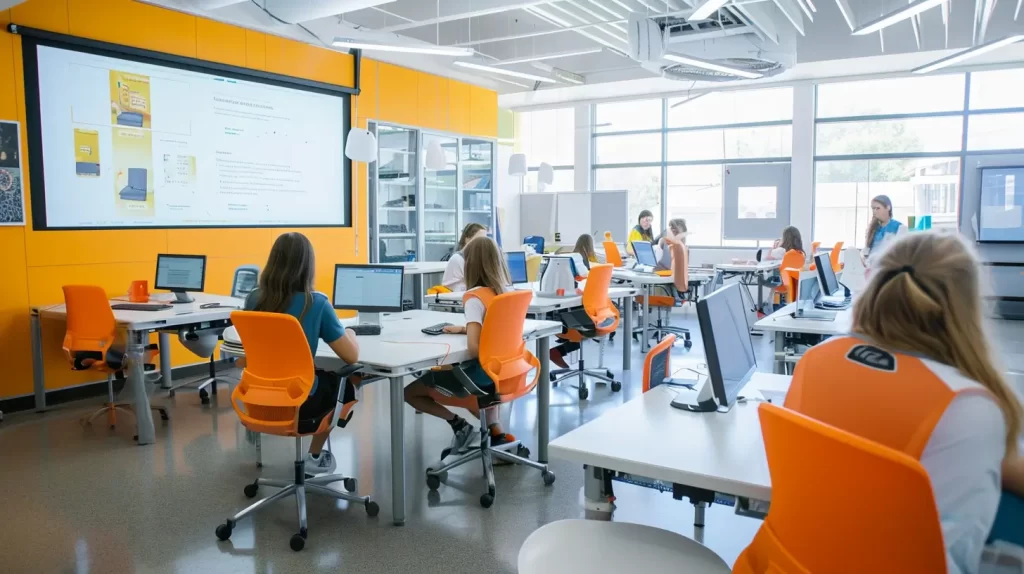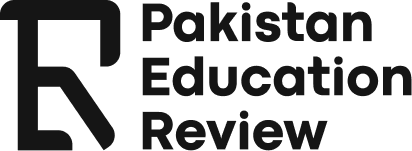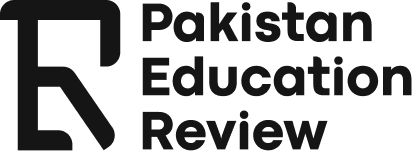After a demanding day at school, students often find themselves grappling with a mountain of homework and assignments. While the educational intention behind this practice is to instill responsibility and keep students engaged, the reality is quite different. In Pakistan, the colonial-era education system persists, emphasizing grades over holistic learning. The impact of excessive homework on students and their families is a matter of growing concern, prompting a need for reevaluation. The objective of this article is to critically examine the impact of homework in schools, shedding light on the challenges faced by students and their families.

The Case Study of Finland’s Education System
In stark contrast to the educational practices in Pakistan, Finland has embraced a revolutionary approach by eliminating the concept of homework for students. Finnish educators believe that spending quality time with parents and engaging in creative activities after school are crucial for a child’s mental stimulation. The education system in Finland places a paramount emphasis on the well-being of students. This intentional absence of homework translates into significantly reduced stress levels, steering clear of the common anxieties associated with tight deadlines and heavy workloads. Consequently, this distinctive approach fosters a positive mental health environment, cultivating a genuine love for learning rather than perpetuating it as a source of anxiety. Thus, Finland’s departure from the conventional approach challenges the prevailing belief that excessive homework is a prerequisite for academic success.

The Disturbing Consequences of Homework Hustle
In Pakistan, the relentless drive for academic achievement often compels parents to enlist private tuition services to ensure their children meet homework deadlines. This unyielding focus on grades as the ultimate metric of success cultivates a culture where students, already grappling with lengthy school hours, become overloaded with supplementary tasks. The weight of their overstuffed backpacks serves as a poignant symbol of an antiquated education system that equates the accumulation of knowledge with a literal burden.

A renowned author and lecturer, Alfie Kohn, in his influential book “The Homework Myth,” thoroughly examines the intricate issues associated with homework. He emphasized that a massive amount of homework poses challenges for parents, stresses children, and possibly contributes to conflicts within families.
In this scenario, a chilling incident in Karachi in 2022 serves as a tragic reminder of the extreme pressures imposed by the education system. A desperate father, striving to enforce homework completion, took the unimaginable step of setting his son on fire. This devastating outcome serves as a stark reminder of the profound mental toll that the education system can exact on families. Such extreme measures underscore the urgent need for a comprehensive reassessment of homework practices, tying back to the broader discussion on the harmful effects of excessive assignments on students and their families.
The Need for Dynamic Education
Children find themselves at the forefront of the challenges posed by the overflowing homework. The emotional toll on young students becomes evident through chronic frustration, stress, and weariness. Pakistan’s educational landscape currently leans towards conformity rather than fostering creativity, thereby impeding intelligent growth. The prevalence of outdated syllabi, limited creative freedom, and rigid parameters for measuring intelligence contribute to a stagnant learning environment.
While it’s natural for parents to aspire for their children’s academic excellence, achieving success in today’s world entails more than just earning good grades. The changing societal landscape demands a dynamic approach to education that goes beyond the tunnel vision of traditional success. An exclusive emphasis on grades overlooks the need to equip individuals with the diverse skills necessary to navigate the complexities of the modern world.

Education, in its ideal form, should prioritize the comprehensive development of individuals. However, considering the negative impact of homework, there is a pressing demand for a thorough reassessment of teaching methods. Therefore, there is an urgent need for a paradigm shift in how success is defined within the educational framework.
A Call for Educational Reform
As we navigate the complex landscape of homework in schools in Pakistan, it becomes evident that a critical reassessment is overdue. The tragic incidents and emotional toll on students signal a need for reform in the education system. Striking a balance between academic rigor and the well-being of students is essential to nurturing a generation prepared for the challenges of the 21st century.
Homework, in its essence, does not have to be a dreaded nuisance. If students find themselves overburdened, it is a signal for a reevaluation of teaching methods. The education system must adapt to the evolving needs of students, fostering an environment where learning is enjoyable and holistic. It is time to move beyond the homework hustle and embrace an education system that prioritizes creativity, critical thinking, and the overall development of every child.
Disclaimer: Any opinions expressed in this article do not necessarily reflect the opinions of the Pakistan Education Review. This content is meant for informational purposes only.







